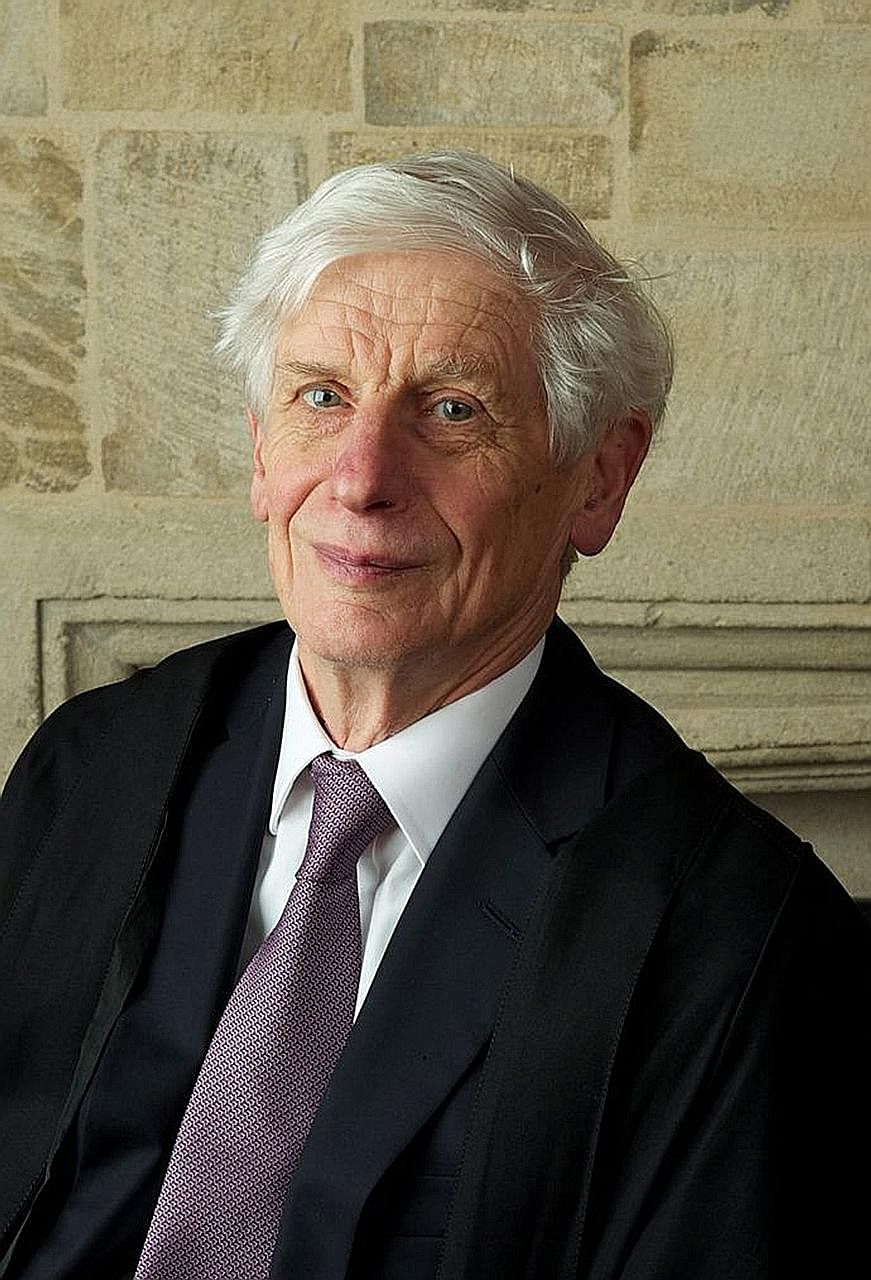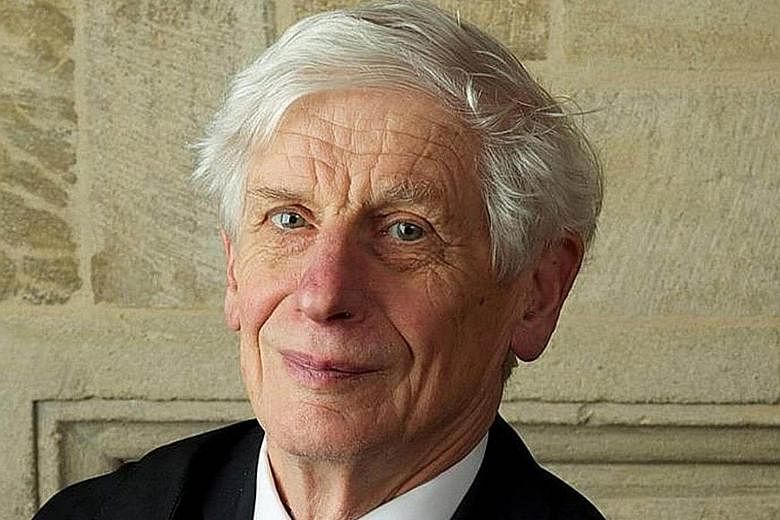The Nobel Prize in Physics 2016 was announced recently. Three British physicists were joint recipients: Drs David Thouless, Duncan Haldane and Michael Kosterlitz. They were awarded "for theoretical discoveries of topological phase transitions and topological phases of matter". Among the three, Dr Thouless was awarded half of the prize.
Dr Thouless has a mild form of Alzheimer's disease. When Sir Charles Kuen Kao, dubbed the father of fibre optics, received the Nobel Prize seven years ago, he also had Alzheimer's. I found this sad, as I knew Dr Thouless in his heyday as a scientist.
Dr Thouless received his doctorate from Cornell University, under the supervision of nuclear physicist Hans Bethe. He was also greatly influenced by Sir Rudolf Peierls, who served as head of the mathematical physics department at the University of Birmingham for many years.
Dr Thouless served as professor of mathematical physics at the University of Birmingham from 1965 to 1978. His most important work, including the research that garnered the Nobel Prize, was done during the period that he was at Birmingham.
He was both my teacher and a good friend. We had close interaction, and he is a modest and diligent gentleman. From our interaction during that period as well as subsequent communication, I have noted several characteristics that are worthy of attention and that are similar to characteristics of physicist Chen-Ning Yang, also known as C.N. Yang.
First, both placed great value on mathematics, and both had solid foundations in mathematics. Dr Yang came from a family of scholars and his father Yang Wu-Chih was a famous mathematician. In addition, Dr Yang maintained a close friendship with mathematics master Shiing-Shen Chern. These were all "supports" for his subsequent development.

Dr Thouless has great talent in mathematics, which proved very useful for the subsequent research he did in mathematical physics. Topology is the study of geometric properties and spatial relations unaffected by the continuous change of shape or size of figures. It was originally an important branch of modern mathematics, which gradually penetrated the field of quantum physics and became an important mathematical method for the study and analysis of states of continuity and connectivity of materials.
I believe that if Dr Thouless had lacked a solid foundation in mathematics, he would not have achieved such success.
Second, he did not follow trends or the crowd when it came to research. His capacity for independent thinking was something that I found to be very important.
Third, he placed great emphasis on experimental results, which is a characteristic that he shared with Dr Yang. All theory is inseparable from experiments. Dr Yang was once a follower of physicist Enrico Fermi. He had intended to engage in experimental physics with Dr Fermi but, at that time, Dr Fermi's laboratory was at Argonne in Illinois and was a top-secret facility that he had not been granted entry to. Hence, Dr Fermi recommended that he work with theoretical physicist Edward Teller. Although Dr Yang had little to do with experimental physics later in his career, he still placed great importance on experiments. Dr Thouless was much the same.
Fourth, Dr Thouless was extremely inquisitive and full of interest in new matters and knowledge. He was always eager to sit in on conferences that had nothing to do with his specialisation because he wanted to understand the latest developments in other fields of science.
Naturally, he was not God but a human who could not possibly understand everything. There were times when he honestly told me that he "did not understand". These three words were of great inspiration to me on my own intellectual journey, as many things progressed from "unknown" to "known".
Fifth, when I was at the University of Birmingham, I discovered that Dr Thouless was an extraordinarily diligent person who was often the last to leave the office. He was a typical gentleman, modest, slow of speech but quick in action. While he was not a fantastic lecturer, he was willing to chat privately. As a result, "afternoon tea" became the best time for our exchanges, and I learnt a lot from him during those tea sessions.
Dr Yang was one of his idols. In 2007, between Oct 31 and Nov 3, he attended an academic conference in celebration of Dr Yang's 85th birthday, which was held in Singapore.
At the conference, Dr Thouless delivered a speech titled Topological Quantum Numbers And Phase Transitions, which was well received. In addition, he has personally written, edited and contributed to two high-level academic volumes: Topological Quantum Numbers In Nonrelativistic Physics and 40 Years Of Berezinskii-Kosterlitz-Thouless Theory. Both were published by World Scientific Publishing Company, Singapore, a company that I founded.
Dr Thouless spent much effort on both books, which have become important classics in scientific literature. Now that he has been awarded the Nobel Prize, the prestige and authority of both volumes have consequently been raised.
Most youth currently receive a very examination-oriented education. Our youth should carefully consider and strive to learn from the unique manner and spirit with which Dr Thouless dealt with knowledge and scientific research.
•The author is the director of the Institute of Advanced Studies, Nanyang Technological University, and chairman and editor-in-chief of World Scientific Publishing.

